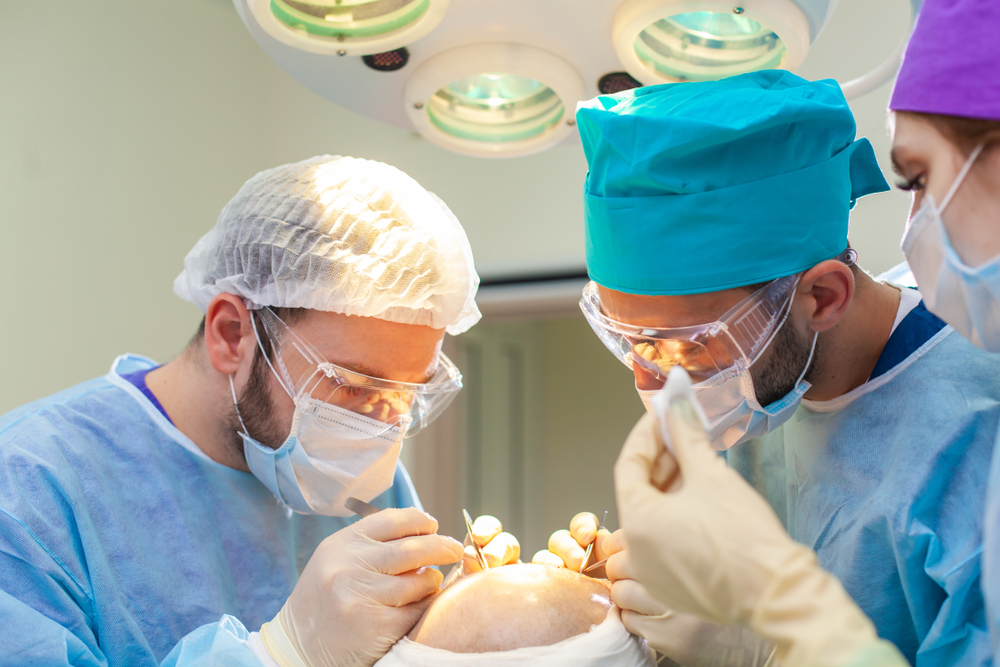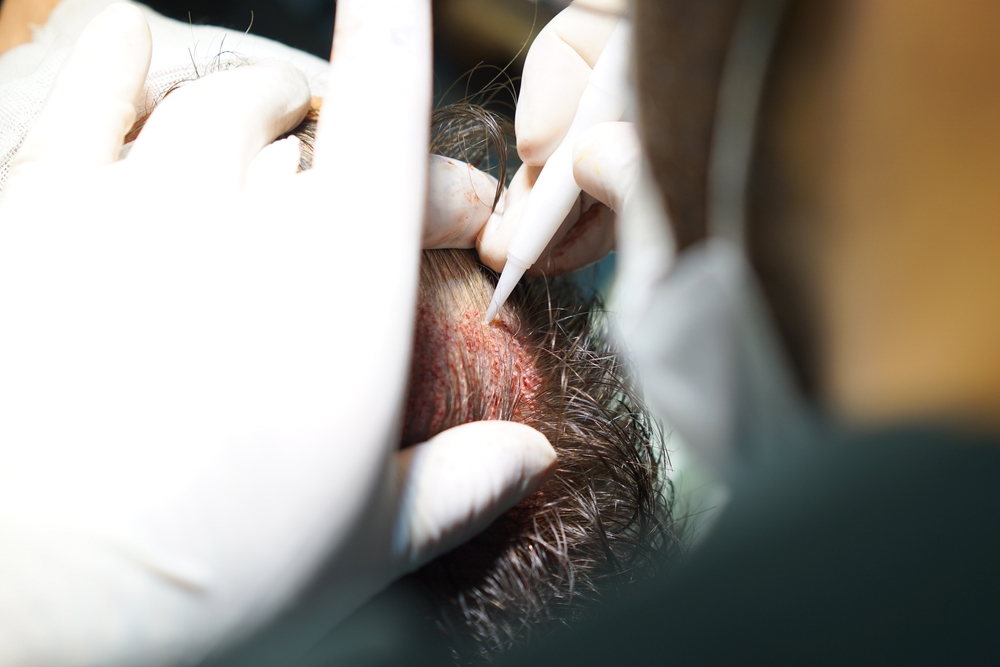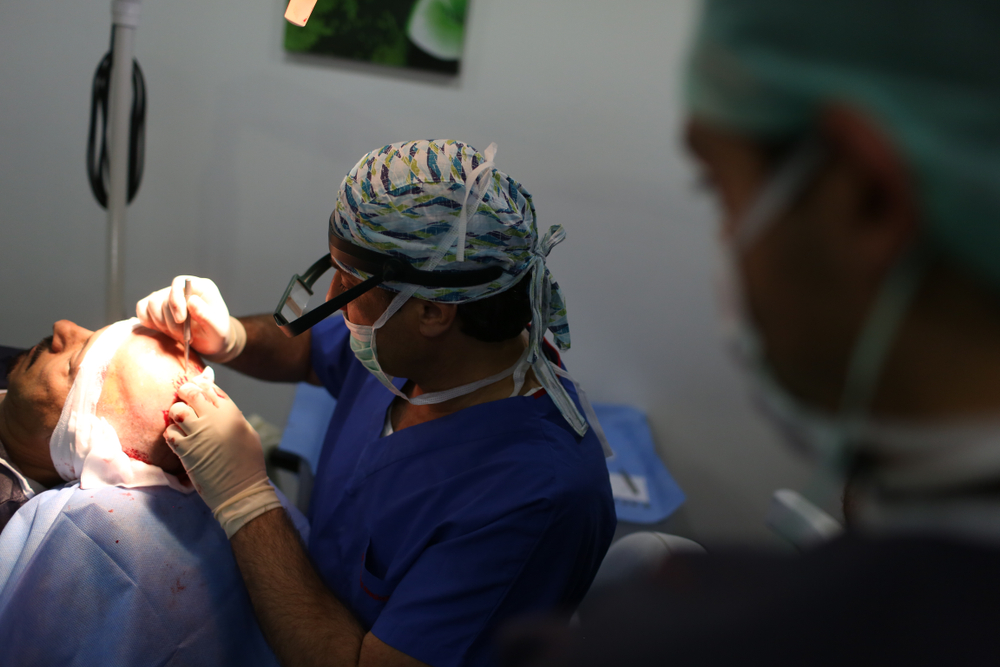There is no specific maximum age for a hair transplant, as eligibility for the procedure is determined more by your overall health and hair loss pattern rather than your age alone.
Several factors are considered when determining a candidate’s suitability for a hair transplant…
- Health status – The most important consideration is the individual’s overall health. A thorough medical evaluation is necessary to ensure that they can undergo surgery safely.
- Hair loss pattern – The pattern and extent of hair loss play a significant role. Hair transplants are generally more effective for individuals with pattern baldness (androgenetic alopecia) rather than those with diffuse hair loss.
- Donor hair availability – The availability of a sufficient donor hair supply, usually from the back or sides of the head, is crucial for a successful hair transplant. Individuals with advanced age may have limited donor hair, making the procedure less viable.
- Realistic expectations – Patients should have realistic expectations about the results of the procedure. Older individuals may not achieve the same level of density and coverage as younger patients.
- General anesthesia and surgery tolerance – Hair transplant procedures are typically done under local anesthesia, but the patient’s tolerance for surgery and anesthesia should be considered.
Consult with a qualified hair transplant surgeon to assess your situation and determine if a hair transplant is a suitable option for you, regardless of your age. The surgeon will consider these factors and provide guidance based on your specific circumstances.





